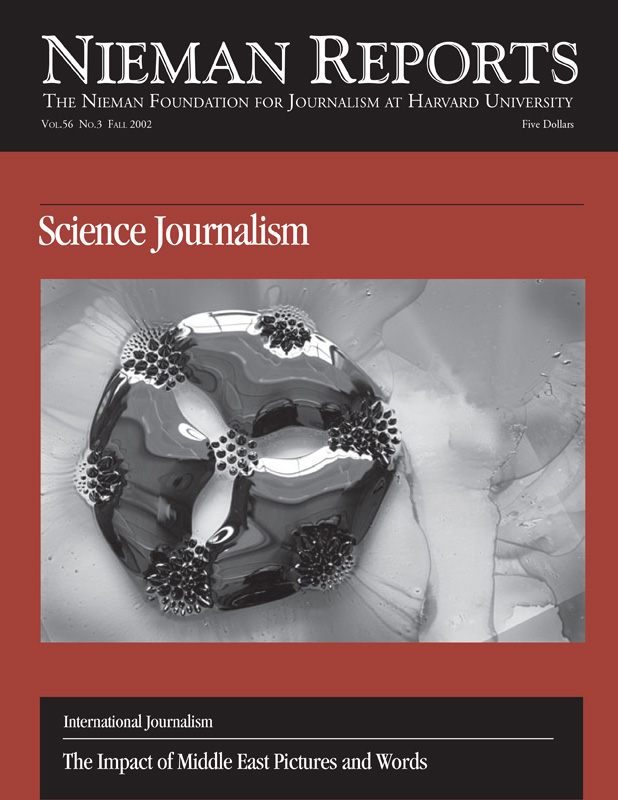- Science demands evidence, and some forms of evidence are worth more than others are. A scientist’s authority should command attention but, in the absence of evidence, not belief.
- There is no one scientific method, but all good science includes elaborate procedures to discover and avoid biases that might mislead.
- Uncertainty is a sign of honest science and reveals a need for further research before reaching a conclusion. Cutting-edge science is highly uncertain and often flat-out wrong.
- The pace of science, despite the hype, is usually slow, not fast. Breakthroughs are never the result of one experiment.
- Balanced coverage of science does not mean giving equal weight to both sides of an argument. It means apportioning weight according to the balance of evidence.
- Virtually all new technologies pose risks along with benefits. Thus “safe” and “effective,” whether applied to drugs or new devices or processes, are always relative terms. It is irrational to ask whether something is safe or not. Nothing is 100 percent safe. Policy decisions involving science must balance risks and benefits.
- Journalists and scientists espouse similar goals. Both seek truth and want to make it known. Both devote considerable energy to guard against being misled. Both observe a discipline of verifying information. Both insist that society allow them freedom to pursue investigations wherever they lead. Neither requires li-censure or approval of an outside authority to practice its craft.
- News organizations usually invest too much importance in a scientific development and not nearly enough in the broader trends.
Show comments / Leave a commentHide comments


